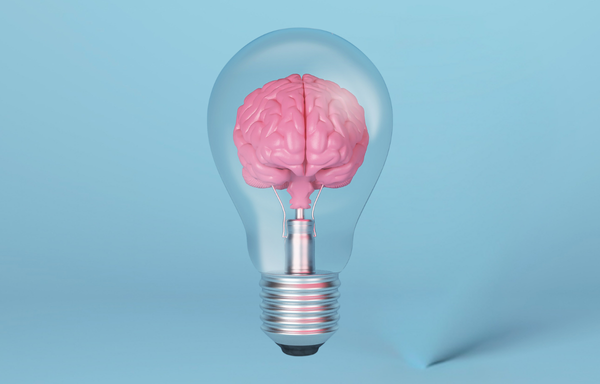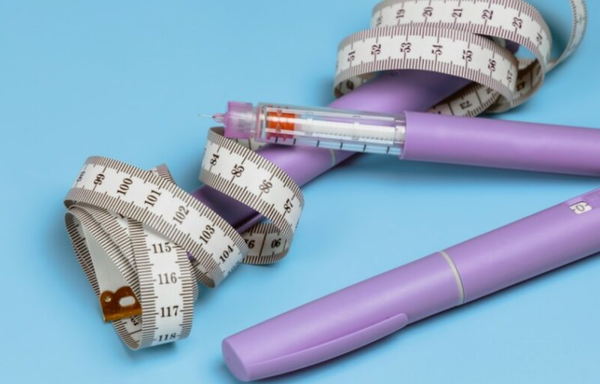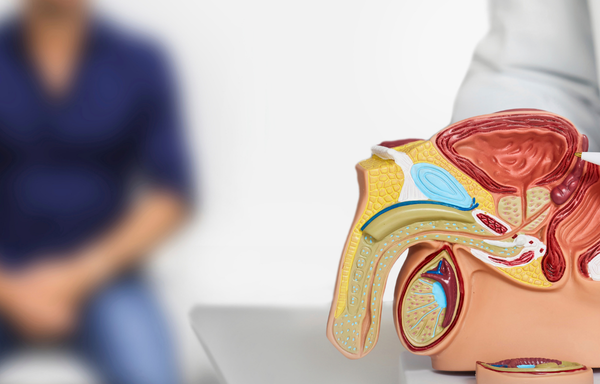
Polycystic Ovary Syndrome (PCOS) is the most common hormonal disorder affecting women of reproductive age, yet many people don’t even know they have it. It is estimated that PCOS affects up to 20% of women worldwide, but around 70% of those with the condition remain undiagnosed.
PCOS prevalence varies by region, with the highest rates observed in South and Western Asian countries, including the Middle East, where lifestyle and genetic factors may contribute to its widespread impact. Despite its name, PCOS is not just about ovaries—it is a metabolic and hormonal condition that affects the entire body, including fertility, weight, skin, mental health, and long-term disease risk.
The Link Between PCOS and Insulin Resistance
One of the biggest drivers of PCOS is insulin resistance, a condition where the body’s cells do not respond properly to insulin. To compensate, the pancreas produces more insulin, leading to chronically high insulin levels.
This is a problem because excess insulin stimulates the ovaries to produce more androgens, or “male hormones,” like testosterone. These androgens disrupt ovulation, contribute to acne and hair growth, and can lead to weight gain.
Not everyone with PCOS is overweight, but even those with lean PCOS often have higher-than-normal insulin levels. In fact, research shows that 70 to 80 percent of people with PCOS have insulin resistance, regardless of weight.
Symptoms of PCOS
The symptoms of PCOS can vary widely, which is one reason so many cases go undiagnosed. Some people only experience mild symptoms, while others struggle with multiple aspects of the condition.
The most common symptoms include:
- Irregular periods or no periods at all
- Ovulation problems leading to infertility
- Weight gain, particularly around the abdomen
- Acne and oily skin
- Excess hair growth on the face, chest, or back
- Hair thinning or hair loss on the scalp
- Dark patches of skin, often on the neck, underarms, or groin
- Mood swings, anxiety, or depression
- Fatigue and cravings, often due to blood sugar fluctuations
- Increased risk of type 2 diabetes, heart disease, and metabolic disorders
Not everyone with PCOS will experience all of these symptoms, but if you have a combination of irregular cycles, signs of high androgens (like acne or hair growth), and weight struggles, it’s worth getting evaluated.
What Causes PCOS?
The exact cause of PCOS is still being researched, but experts believe it is caused by a combination of genetics and environmental factors.
- Genetics: If your mother or sister has PCOS, you are more likely to develop it. Certain genes related to hormone regulation and insulin function may contribute to PCOS.
- Prenatal environment: Studies suggest that high insulin and testosterone levels in the womb may program a baby’s body to be more susceptible to PCOS later in life.
- Insulin resistance: Chronically high insulin levels drive many of the symptoms of PCOS, from weight gain to irregular cycles to infertility.
- Inflammation: PCOS is often associated with chronic low-grade inflammation, which can worsen insulin resistance and hormone imbalances.
How Can a Low Insulin Lifestyle Help?
Since insulin resistance is at the root of PCOS, the most effective way to manage symptoms is by lowering insulin levels. This is why a Low Insulin Lifestyle is one of the best approaches to treating PCOS naturally.
A Low Insulin Lifestyle focuses on eating foods that do not spike insulin by prioritizing lean proteins, healthy fats, non-starchy vegetables, and whole fruits while avoiding starches, sugar, and certain types of dairy that elevate insulin levels.
What Does the Research Say?
My research and others have shown that following a Low Insulin Lifestyle can have a profound impact on PCOS symptoms and overall health.
- In clinical studies, women with PCOS who followed a Low Insulin Lifestyle for just eight weeks experienced an average weight loss of 19 pounds without calorie counting or extreme restrictions.
- Insulin levels dropped by approximately 52%, improving insulin sensitivity and reducing symptoms like irregular cycles, acne, and fatigue.
- Many participants reported increased energy, reduced cravings, and improvements in mood and mental clarity.
- My findings have been replicated by independent researchers in reproductive endocrinology, reinforcing that insulin resistance is a primary driver of PCOS and that lowering insulin is key to managing the condition.
Beyond weight loss, my research demonstrates that improving insulin sensitivity through diet and lifestyle can restore ovulation, improve fertility outcomes, and lower the risk of long-term complications like type 2 diabetes and cardiovascular disease.
Ready to get Started?
If you have PCOS and want to improve your symptoms, starting a Low Insulin Lifestyle is the best place to begin. Here’s how:
- Focus on whole, unprocessed foods that do not spike insulin.
- Cut out starches, added sugars, and certain types of dairy, which are the biggest insulin-raising foods.
- Eat plenty of protein, non-starchy vegetables, healthy fats, and whole fruits.
- Incorporate daily movement, such as walking or strength training, to improve insulin sensitivity.
- Manage stress and prioritize sleep, as both can influence insulin levels.
- Test your insulin levels through your healthcare provider or with Lilli Metabolic Testing Kits to track progress and make informed choices.






















